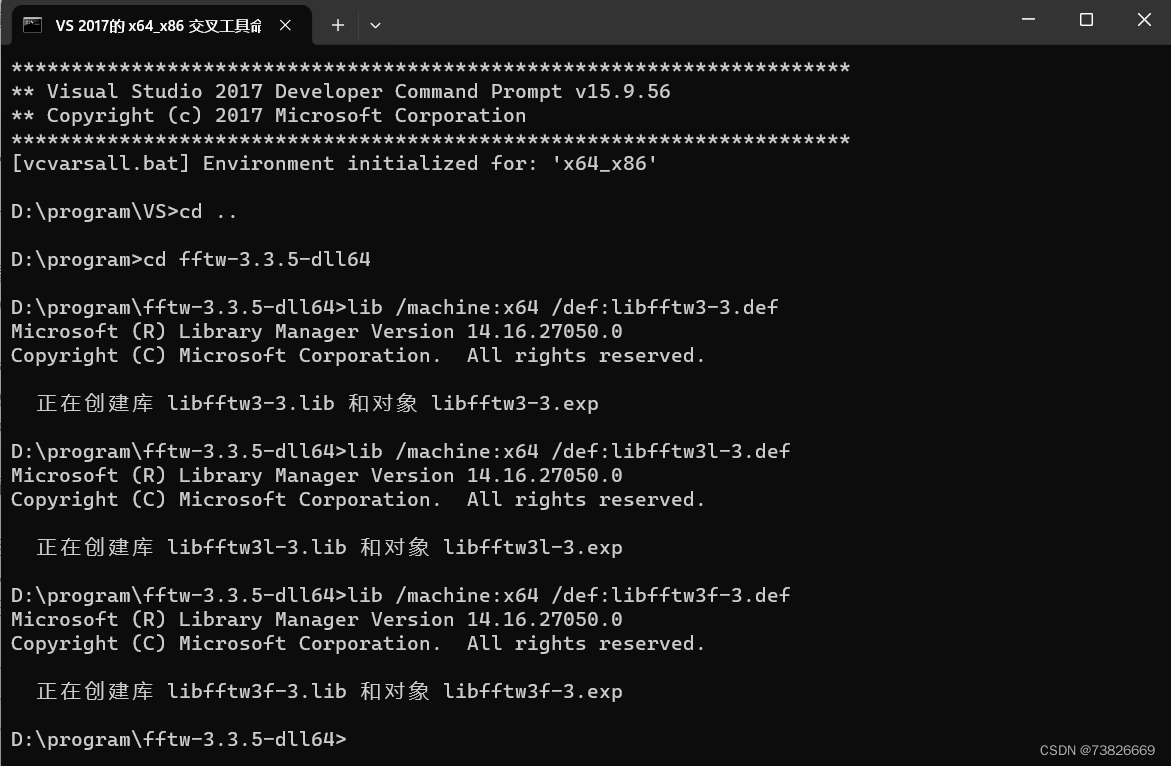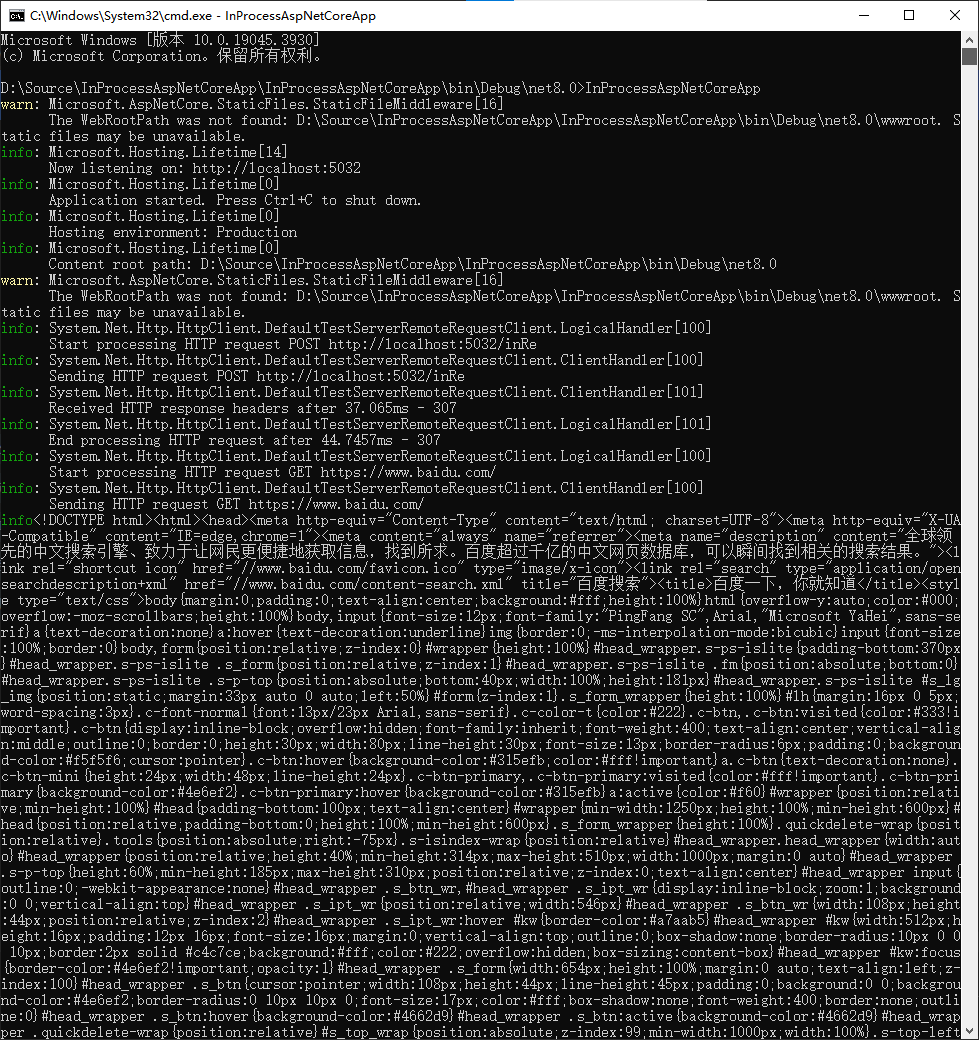github地址:https://github.com/facebookresearch/llama–recipes
github:https://github.com/facebookresearch/llama
import torch
from transformers import LlamaForCausalLM, LlamaTokenizer
#model_id="./models_hf/7B"
# 可以从huggingface上面下载模型,hf就是huggingface模型,也可以通过transformer库的convert_llama_weights_to_hf方法来转换原始的llama模型
model_id="模型path/Llama-2-7b-chat-hf-local"
tokenizer = LlamaTokenizer.from_pretrained(model_id)
model =LlamaForCausalLM.from_pretrained(model_id, load_in_8bit=True, device_map='auto', torch_dtype=torch.float16)
from llama_recipes.utils.dataset_utils import get_preprocessed_dataset
from llama_recipes.configs.datasets import samsum_dataset
train_dataset = get_preprocessed_dataset(tokenizer, samsum_dataset, 'train')
eval_prompt = """
Summarize this dialog:
A: Hi Tom, are you busy tomorrow’s afternoon?
B: I’m pretty sure I am. What’s up?
A: Can you go with me to the animal shelter?.
B: What do you want to do?
A: I want to get a puppy for my son.
B: That will make him so happy.
A: Yeah, we’ve discussed it many times. I think he’s ready now.
B: That’s good. Raising a dog is a tough issue. Like having a baby ;-)
A: I'll get him one of those little dogs.
B: One that won't grow up too big;-)
A: And eat too much;-))
B: Do you know which one he would like?
A: Oh, yes, I took him there last Monday. He showed me one that he really liked.
B: I bet you had to drag him away.
A: He wanted to take it home right away ;-).
B: I wonder what he'll name it.
A: He said he’d name it after his dead hamster – Lemmy - he's a great Motorhead fan :-)))
---
Summary:
"""
model_input = tokenizer(eval_prompt, return_tensors="pt").to("cuda")
model.eval()
with torch.no_grad():
print(tokenizer.decode(model.generate(**model_input, max_new_tokens=100)[0], skip_special_tokens=True))
model.train()
def create_peft_config(model):
from peft import (
get_peft_model,
LoraConfig,
TaskType,
prepare_model_for_int8_training,
)
peft_config = LoraConfig(
task_type=TaskType.CAUSAL_LM,
inference_mode=False,
r=8,
lora_alpha=32,
lora_dropout=0.05,
target_modules = ["q_proj", "v_proj"]
)
# prepare int-8 model for training
model = prepare_model_for_int8_training(model)
model = get_peft_model(model, peft_config)
model.print_trainable_parameters()
return model, peft_config
# create peft config
model, lora_config = create_peft_config(model)
from transformers import TrainerCallback
from contextlib import nullcontext
enable_profiler = False
output_dir = "tmp/llama-output"
config = {
'lora_config': lora_config,
'learning_rate': 1e-4,
'num_train_epochs': 1,
'gradient_accumulation_steps': 2,
'per_device_train_batch_size': 2,
'gradient_checkpointing': False,
}
# Set up profiler
if enable_profiler:
wait, warmup, active, repeat = 1, 1, 2, 1
total_steps = (wait + warmup + active) * (1 + repeat)
schedule = torch.profiler.schedule(wait=wait, warmup=warmup, active=active, repeat=repeat)
profiler = torch.profiler.profile(
schedule=schedule,
on_trace_ready=torch.profiler.tensorboard_trace_handler(f"{output_dir}/logs/tensorboard"),
record_shapes=True,
profile_memory=True,
with_stack=True)
class ProfilerCallback(TrainerCallback):
def __init__(self, profiler):
self.profiler = profiler
def on_step_end(self, *args, **kwargs):
self.profiler.step()
profiler_callback = ProfilerCallback(profiler)
else:
profiler = nullcontext()
from transformers import default_data_collator, Trainer, TrainingArguments
# Define training args
training_args = TrainingArguments(
output_dir=output_dir,
overwrite_output_dir=True,
bf16=True, # Use BF16 if available
# logging strategies
logging_dir=f"{output_dir}/logs",
logging_strategy="steps",
logging_steps=10,
save_strategy="no",
optim="adamw_torch_fused",
max_steps=total_steps if enable_profiler else -1,
**{k:v for k,v in config.items() if k != 'lora_config'}
)
with profiler:
# Create Trainer instance
trainer = Trainer(
model=model,
args=training_args,
train_dataset=train_dataset,
data_collator=default_data_collator,
callbacks=[profiler_callback] if enable_profiler else [],
)
# Start training
trainer.train()
model.save_pretrained(output_dir)
model.eval()
with torch.no_grad():
print(tokenizer.decode(model.generate(**model_input, max_new_tokens=100)[0], skip_special_tokens=True))
原文地址:https://blog.csdn.net/WitsMakeMen/article/details/134675960
本文来自互联网用户投稿,该文观点仅代表作者本人,不代表本站立场。本站仅提供信息存储空间服务,不拥有所有权,不承担相关法律责任。
如若转载,请注明出处:http://www.7code.cn/show_16595.html
如若内容造成侵权/违法违规/事实不符,请联系代码007邮箱:suwngjj01@126.com进行投诉反馈,一经查实,立即删除!
主题授权提示:请在后台主题设置-主题授权-激活主题的正版授权,授权购买:RiTheme官网
声明:本站所有文章,如无特殊说明或标注,均为本站原创发布。任何个人或组织,在未征得本站同意时,禁止复制、盗用、采集、发布本站内容到任何网站、书籍等各类媒体平台。如若本站内容侵犯了原著者的合法权益,可联系我们进行处理。







